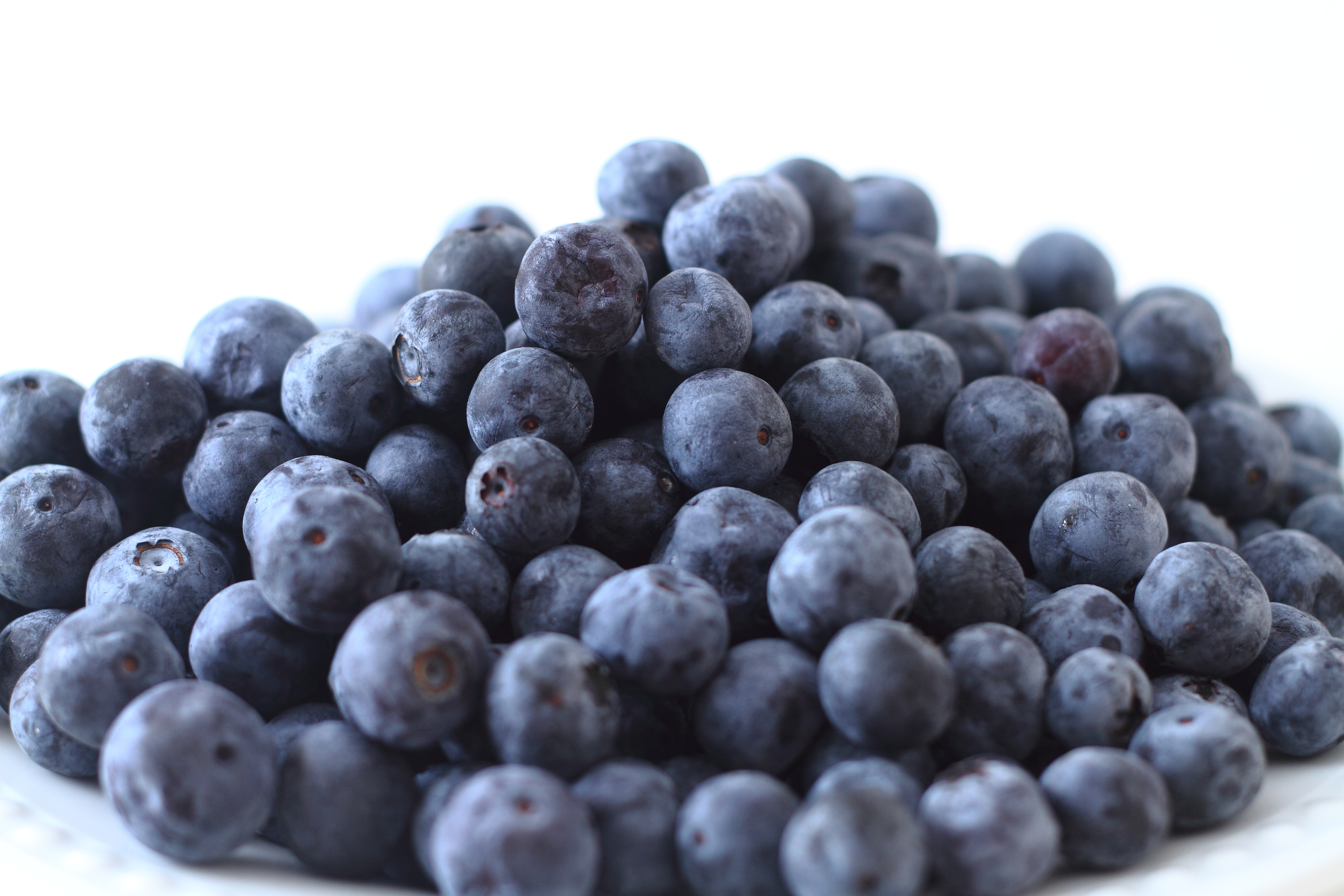From improving vision and memory to delaying aging, to warding off cancer and lowering risk of heart disease, blueberries are considered a super fruit for their long list of benefits.
What makes blueberries so good are the Vitamin C, Vitamin K, Manganese, phytonutrients, Calcium, Iron, Phosphorus, Magnesium, and Zinc found within them. These compounds not only strengthen your bones and joints, but also help lower your blood pressure. The fiber in blueberries also helps to manage diabetes, digestion, and prevent constipation. Moreover, blueberries have high amounts of antioxidants, relatively low amounts of sugar, and other compounds that reduce central nervous system inflammation.
Blueberries also contain high amounts of polyphenols, which help prevent diseases like atherosclerosis, heart attacks, strokes, and abnormal cell growth leading to cancer. However, in a study conducted by Ana Rodriguez-Mateos and her fellow colleague researchers, polyphenol content in blueberries decreased by 22% to 80% when blueberries were subject to cooking, proofing (the process of dough rising before cooking), and baking. They concluded that processing of blueberries reduced their polyphenol levels and, thus, decreased the advantages of blueberry consumption.
Image Source: Robert Ingelhart
The long list of compounds, vitamins, and antioxidants contributes to why these fruits are important in our diet. But these numerous health advantages are only maximized when blueberries are eaten raw. If you don’t like the taste of raw blueberries, try mixing in some with your breakfast greek yogurt or in a salad. You can also toss some into a blender with other berries and fruits for a smoothie.
Although blueberries are in season from April to late September in America, in the United States, blueberries are available year-round, imported from Chile and Argentina. So, the next time you’re at the local market, make sure to pick up some blueberries!
Feature Image Source: Blueberries! by arsheffield










